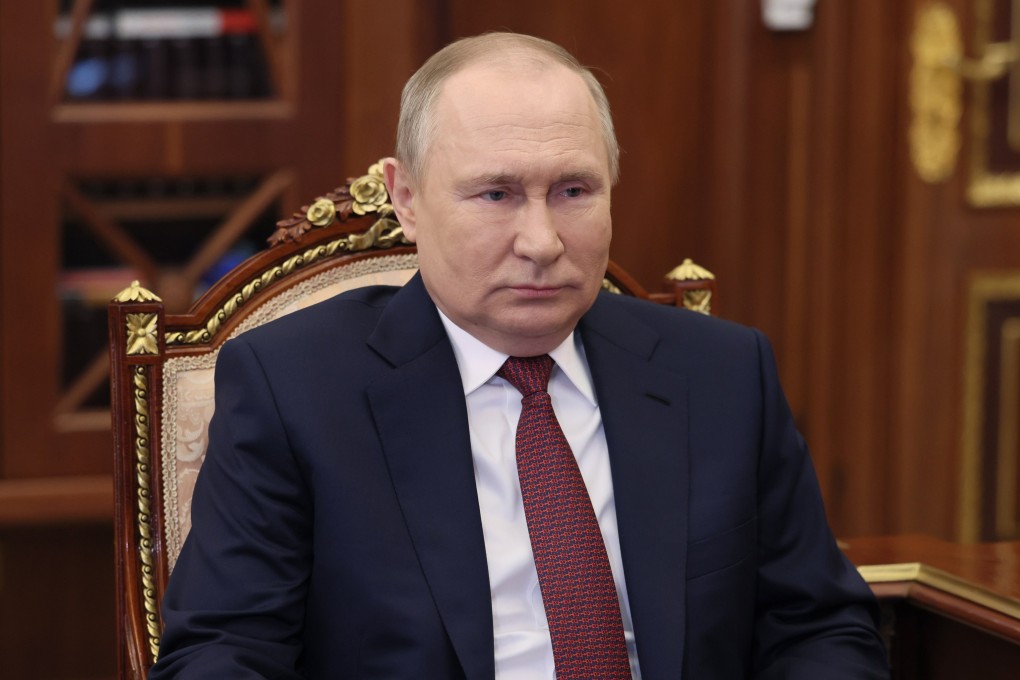Ukraine war: Russia slams sanctions, seeks to blame West for food crisis
- Western sanctions and military action have disrupted supplies of fertiliser, wheat and other commodities from both Russia and Ukraine
- The international community has been calling on Russia to allow the export of Ukrainian grain, as ports are blocked

Moscow pressed the West to lift sanctions against Russia over the war in Ukraine, seeking to shift the blame for a growing food crisis that has been worsened by Kyiv’s inability to ship millions of tonnes of grain and other agricultural products due to the conflict.
Britain immediately accused Russia of “trying to hold the world to ransom,” insisting there would be no sanctions relief, and a top US diplomat blasted the “sheer barbarity, sadistic cruelty and lawlessness” of the invasion.
Russian President Vladimir Putin told Italian Prime Minister Mario Draghi that Moscow “is ready to make a significant contribution to overcoming the food crisis through the export of grain and fertiliser on the condition that politically motivated restrictions imposed by the West are lifted,” according to a Kremlin readout of the call.
Ukraine is one of the world’s largest exporters of wheat, corn and sunflower oil, but the war and a Russian blockade of its ports has halted much of that flow, endangering world food supplies. Many of those ports are now also heavily mined.
Russia also is a significant grain exporter, and Kremlin spokesman Dmitri Peskov said the West “must cancel the unlawful decisions that hamper chartering ships and exporting grain”. His comments appeared to be an effort to lump the blockade of Ukrainian exports with what Russia says are its difficulties in moving its own goods.
Western officials have dismissed those claims. US Secretary of State Antony Blinken noted last week that food, fertiliser and seeds are exempt from sanctions imposed by the US and many others – and that Washington is working to ensure countries know the flow of those goods should not be affected.